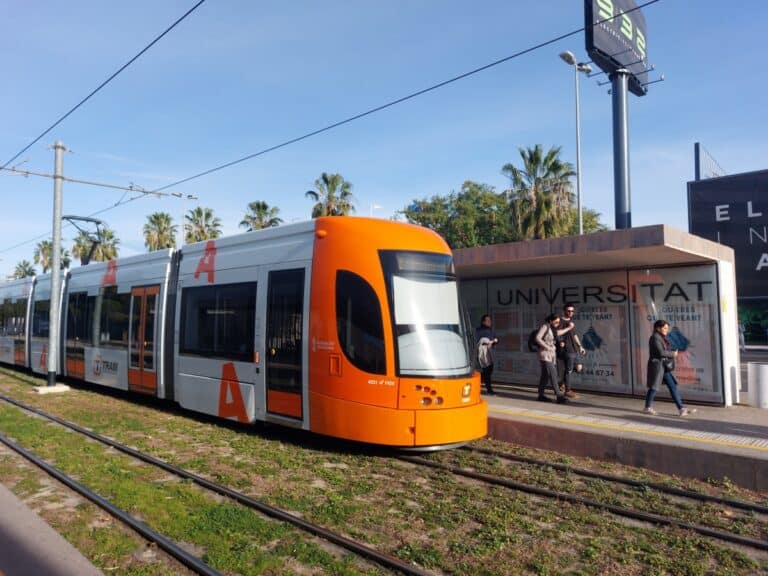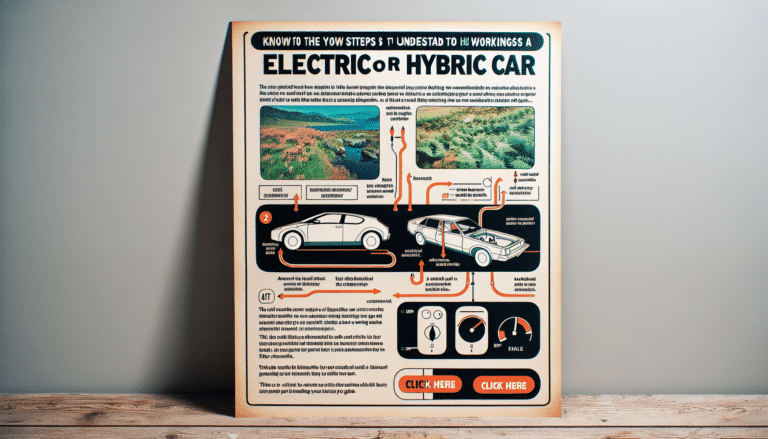How the use of mobile applications can help you reduce expenses
In the digital age, mobile applications have become indispensable tools for optimizing our daily lives, including the management of expenses. Through these platforms, users have the opportunity to monitor and control their personal finances effectively. From applications that allow tracking of expenses to those that offer personalized savings advice, the use of technology can be a crucial ally in the pursuit of a more efficient economy. With the right approach, it is possible to transform consumption habits and achieve greater financial balance in everyday life.
In the digital age, mobile applications have become essential tools for managing our personal finances. Thanks to their ease of use and accessibility, these applications not only allow for expense tracking but also offer valuable advice and strategies to optimize our budget. In this article, we will explore various ways in which mobile applications can be allies in reducing our expenses.
Expense control at your fingertips
One of the main advantages of mobile applications is the ability to quickly record and categorize your expenses. By constantly tracking your spending, you can identify patterns of unnecessary expenses and adjust them accordingly. Many applications offer graphs and statistics that allow you to visualize your monthly expenses, making it easier to make more informed decisions.
Price comparison and deals
Dedicated mobile applications for comparing prices help you find the best deals on products and services. For example, there are platforms that allow you to scan product barcodes to see their prices at different stores. This is especially useful when shopping at supermarkets or for electronics, as you can ensure that you are getting the best available price.
Savings and discount applications
Another effective way to reduce expenses is through applications that offer discounts or cashback. Some platforms reward you for shopping at specific merchants, which translates into significant savings over time. Additionally, these applications often send notifications about special offers and promotions that might interest you, encouraging you to make the most of your purchases.
Fuel consumption optimization
The use of mobile applications also extends to optimizing fuel expenditure. Some tools allow you to plan your travel routes, avoiding congestion and selecting the most efficient paths. Moreover, there are applications that enable you to find out the price of fuel at different stations, helping you to negotiate better prices and save on each fill-up. For more details on how to negotiate prices, you can check this article.
Vehicle maintenance and inspection
Preventive maintenance of your vehicle is key to avoiding excessive expenses. There are applications that help you keep track of necessary maintenance and periodic inspections, which can prevent problems that lead to costly repairs. To better understand the impact of periodic inspections on fuel expenditure, visit this link.
Encouragement of carpooling
Carpooling applications are not only an excellent alternative for reducing fuel expenses but also promote a more sustainable lifestyle. Sharing rides with other users is an effective way to split costs and minimize carbon footprint. To learn more about the benefits of carpooling, follow this link.
Budget review and optimization
Finally, there are applications dedicated to creating and tracking budgets that can help you set limits in various spending categories. These records allow you to adjust your consumption habits and, in the long run, maximize your savings. Maintaining proper control is essential to achieve your financial goals.
In today’s digital age, the use of mobile applications has become an essential tool for personal financial management. These applications are designed to facilitate tracking expenses, income, and budgets, allowing users to make more informed decisions about their daily economy.
One of the main advantages of using personal finance applications is that they offer a detailed analysis of spending behavior. By categorizing expenses, users can identify areas where resources are being wasted, allowing them to adjust their habits to optimize their budget. For example, if a person realizes they are spending too much on takeout, they might decide to cook more at home and thereby significantly reduce costs.
Other functionalities these applications usually include are payment reminders for bills, which help to avoid late fees, and the ability to set savings goals. Having a clear objective makes it easier to maintain financial discipline. Many applications also allow you to compare prices and find deals, which can result in additional savings on daily purchases.
Aside from applications specifically for financial management, there are also tools to optimize resource use, such as fuel. Applications that help plan efficient routes or calculate travel costs can be key to reducing transportation expenses.
Finally, the use of cashback applications allows you to recover a portion of the money spent, thereby encouraging more conscious consumption. Ultimately, mobile applications have become indispensable allies for anyone looking to reduce expenses and maintain a more effective control over their personal economy.





